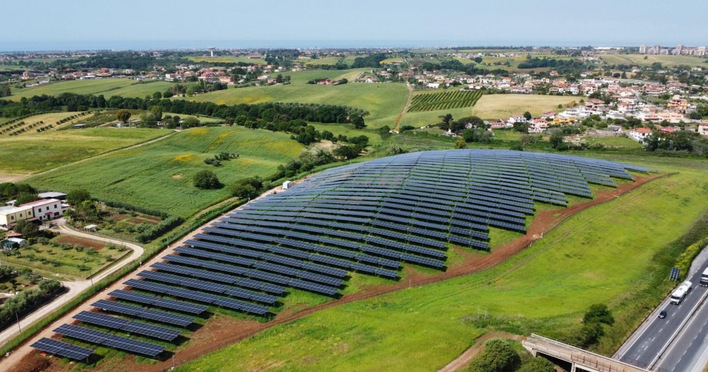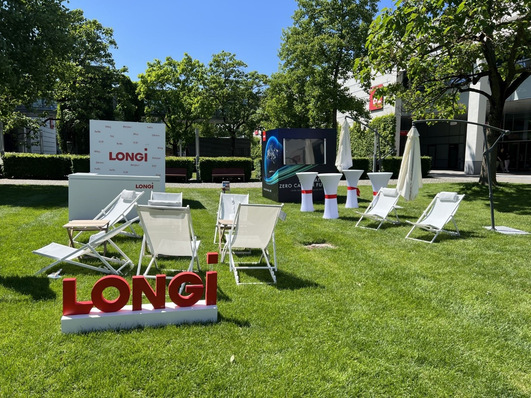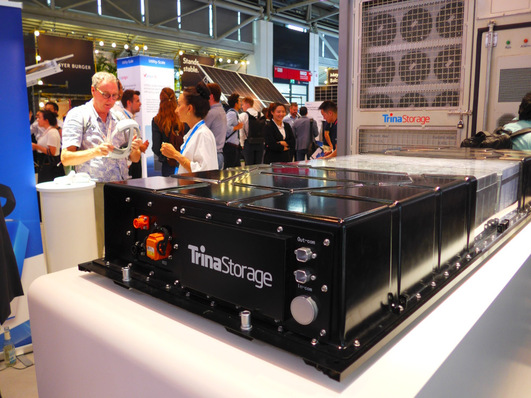Many farms have huge roofs that can accommodate a lot of photovoltaic power. But the farms do not have to invest themselves. They can also lease these roofs to a plant developer and operator of solar generators. This is how Agrar Planetal Lütte in Bad Belzig south of Berlin has created a second source of income.
Generating additional income
The installers from Securenergy Solutions have installed 4,150 solar modules from Q Cells on the previously unused roof surfaces for an investor. These achieve a total output of 1.5 megawatts. Via several inverters, they feed the electricity into the grid to which the farm is connected. Physically, however, a large part of the green electricity is used on the farm, even though it is sold to consumers in the region for business purposes. "The installation of the solar plants is a worthwhile additional source of income for Agrar Planetal Lütte through the lease income for their roof areas," Johann Egger, project manager at Securenergy, describes the advantage and the business model for the agricultural business.
1,400 megawatt hours per year
The solar plants will produce about 1,400 megawatt hours per year and thus contribute to saving 570 tonnes of carbon dioxide annually. Many farms have a large roof area that is ideal for generating solar power. By leasing their roof space, you can increase your profitability while helping to reduce your carbon footprint and protect the climate by further expanding solar energy.
Possibilities are manifold
In this way, agricultural and commercial enterprises can also benefit from being able to use solar power generated on site, but they often consider the implementation of their own photovoltaic system to be too planning- and capital-intensive. "It is gratifying to see that more and more small and medium-sized businesses are opting to use solar energy for themselves and thus strengthen their own competitiveness," says Goo Min, Managing Director of Q Cells. "The opportunities for businesses to benefit from solar energy are extremely diverse." He emphasises that there is an optimal solution for every business to use self-generated solar power to reduce operating costs. (su/mfo)
Also interesting:
Agriculture, nature conservation and solar systems in harmony
Angola: Q Cells supplies 287 MW modules for large-scale PV project
Well-managed solar parks foster biodiversity and sustainable agriculture







